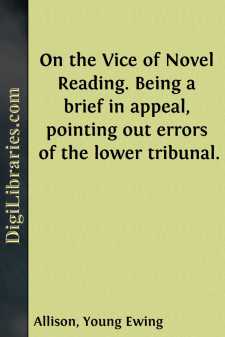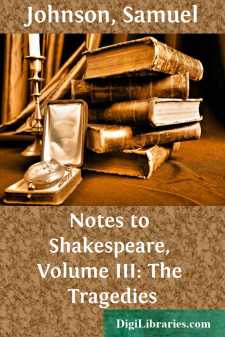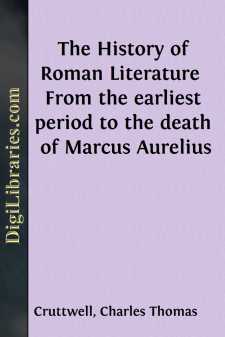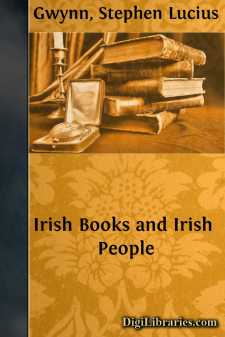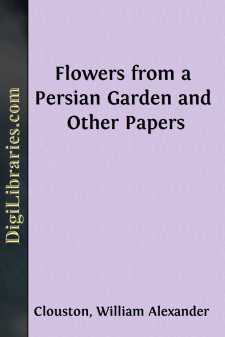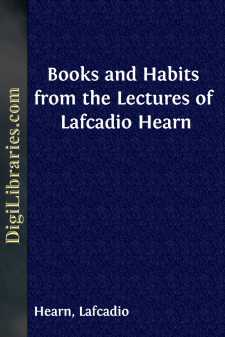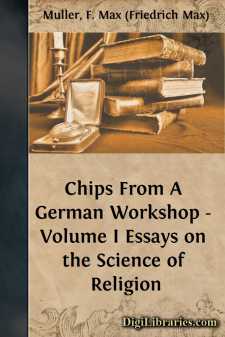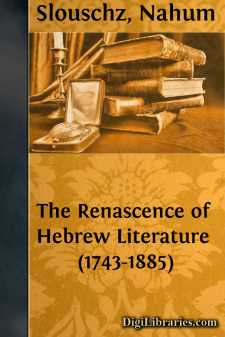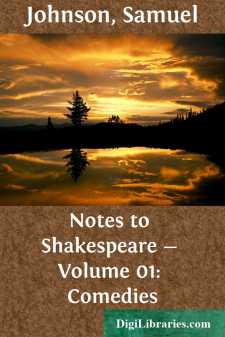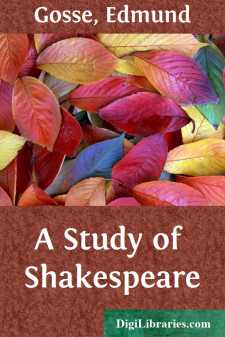Literary Criticism
- American 18
- Ancient and Classical 3
- Asian 1
- Australian & Oceanian 1
- Books & Reading 8
- Caribbean & Latin American 2
- Drama 2
- English, Irish, Scottish, Welsh 49
- European 7
- General 37
- Horror 1
- Humor 2
- Jewish 2
- Medieval 2
- Middle Eastern 3
- Poetry 7
- Renaissance 6
- Russian & Former Soviet Union 1
- Shakespeare 27
Literary Criticism Books
Sort by:
ON THE VICE OF NOVEL READING. Ever since the Novel reached the stage of development where it was demonstrated to be the most ingenious vehicle yet designed for conveying the protean thought and fancy of man, there has stood in the judgment book of Public Opinion the decree that novel-reading was a vice. Of course, that judgment did not apply exclusively to the reading of novels. It was a sort of...
more...
by:
Samuel Johnson
TRAGEDIES Vol. IV (392) Most of the notes which the present editor has subjoined to this play were published by him in a small pamphlet in 1745. I.i (393,*) Enter three Witches] In order to make a true estimate of the abilities and merit of a writer, it it always necessary to examine the genius of his age, and the opinions of his contemporaries. A poet who should now make the whole action of his...
more...
INTRODUCTION. In the latter part of the seventeenth century, and during nearly the whole of the eighteenth, the literature of Rome exercised an imperial sway over European taste. Pope thought fit to assume an apologetic tone when he clothed Homer in an English dress, and reminded the world that, as compared with Virgil, the Greek poet had at least the merit of coming first. His own mind was of an...
more...
INTRODUCTION. My publisher must take at least some of the responsibility for reviving these essays. All bear the marks of the period at which they were written; and some of them deal with the beginnings of movements which have since grown to much greater strength, and in growing have developed new characteristics at the expense of what was originally more prominent. Other pages, again, take no account...
more...
I SKETCH OF THE LIFE OF THE PERSIAN POET SAADI—CHARACTER OF HIS WRITINGS—THE “GULISTÁN”—PREFACES TO BOOKS—PREFACE TO THE “GULISTÁN”—EASTERN POETS IN PRAISE OF SPRINGTIDE. It is remarkable how very little the average general reader knows regarding the great Persian poet SaádÐÑ and his writings. His name is perhaps more or less familiar to casual readers from its being...
more...
by:
Lafcadio Hearn
Introduction These chapters, for the most part, are reprinted from Lafcadio Hearn’s “Interpretations of Literature,” 1915, from his “Life and Literature,” 1916, and from his “Appreciations of Poetry,” 1917. Three chapters appear here for the first time. They are all taken from the student notes of Hearn’s lectures at the University of Tokyo, 1896-1902, sufficiently described in the...
more...
PREFACE. ore than twenty years have passed since my revered friend Bunsen called me one day into his library at Carlton House Terrace, and announced to me with beaming eyes that the publication of the Rig-veda was secure. He had spent many days in seeing the Directors of the East-India Company, and explaining to them the importance of this work, and the necessity of having it published in England. At...
more...
by:
Nahum Slouschz
INTRODUCTION It was long believed that Hebrew had no place among the modern languages as a literary vehicle. The circumstance that the Jews of Western countries had given up the use of their national language outside of the synagogue was not calculated to discredit the belief. The Hebrew, it was generally held, had once been alive, but now it belonged among the dead languages, in the same sense as the...
more...
by:
Samuel Johnson
Dr. Johnson's Preface to Shakespeare is one of the most famous critical essays of the eighteenth century, and yet too many students have forgotten that it is, precisely, a preface to the plays of Shakespeare, edited by Dr. Johnson himself. That is to say, the edition itself has been obscured or overshadowed by its preface, and the sustained effort of that essay has virtually monopolized scholarly...
more...
by:
Edmund Gosse
I. The greatest poet of our age has drawn a parallel of elaborate eloquence between Shakespeare and the sea; and the likeness holds good in many points of less significance than those which have been set down by the master-hand. For two hundred years at least have students of every kind put forth in every sort of boat on a longer or a shorter voyage of research across the waters of that unsounded...
more...


